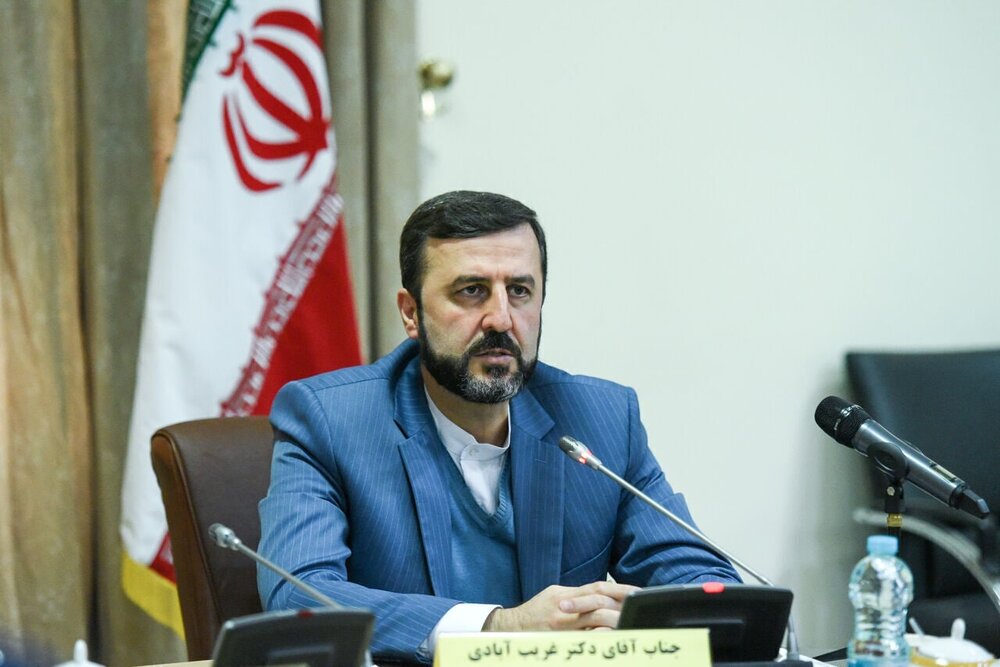Iran’s human rights chief clarifies role of certain states in riots

TEHRAN- Kazem Gharibabadi, secretary of Iran's High Council for Human Rights, has highlighted the harmful role played by some nations and anti-Islamic Republic media in the recent turmoil in the country.
Gharibabadi briefed delegates from nearly 100 countries member to the Organization of Islamic Cooperation (OIC), the Non-Aligned Movement (NAM), and the United Nations about the unrest in Iran.
Speaking to Iranian media in New York, Gharibabadi said his meetings with organizations and individuals were centered on portraying the truth about recent happenings in Iran, which the official said had been referred to as peaceful protests by Western nations and the U.S. officials.
Gharibabadi went on to say that his discussions in New York questioned the U.S. and Western nations' silence and attitude on the October 26 terrorist attack on a holy site in the south-central city of Shiraz, which killed 13 people and injured 30 more.
The official further mentioned that the damaging influence of social media and networks was discussed at the meeting with OIC members.
According to him, such media has fueled violence, insecurity, and terrorist attacks.
He went on to argue that their reports were “incorrect” and “inaccurate”.
The human rights chief also stated that the UK is in charge of the London-based Persian-language networks that operate against Iran.
The role of these networks is not less important than that of terrorist groups, Gharibabadi emphasized.
The Saudi-funded Iran International satellite network has lately been designated as a terrorist organization by Iran's Intelligence Ministry.
The United States and the United Kingdom were "actively" involved in the turmoil, based on the reports given by Iran's Intelligence Ministry earlier in the month.
It also revealed that hundreds of terrorists connected to the Israeli regime and anti-revolutionary groups had been arrested.
The European Union along with the U.S. and Canada have placed sanctions on Iran by claiming that Iran has harshly suppressed protests. The EU slapped news sanctions on Iran on Monday.
Iran responded by announcing tit-for-tat penalties against organizations and individuals in the EU because of their intentional support for violent groups.
After the death of Mahsa Amini, riots erupted in certain cities in Iran in mid-September. The 22-year-old fell at a Tehran police station and died three days later in hospital. According to an official report issued by Iran's Forensic Medicine Organization, Amini's
death was caused by disease rather than suspected blows to the skull or other key bodily parts.
Protests over the tragic death of Mahsa Amini turned to riot as thugs used the Amini case as a pretext to violently assault security personnel and cause immense damage to public property.
Leave a Comment